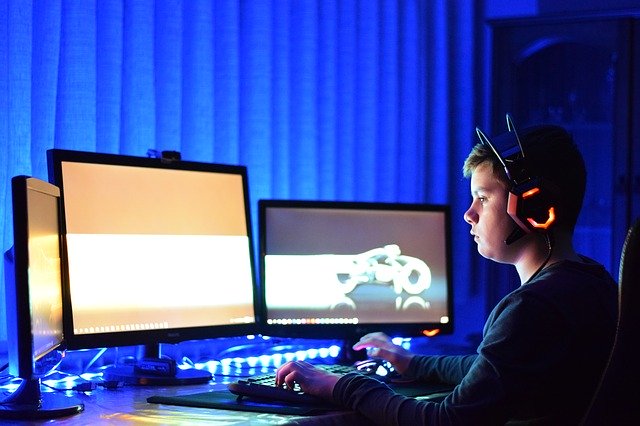Do you sometimes feel full of energy on a bright sunny morning? The major reason for this is the blue light emitted by the sun.
You probably reach for your smartphone or computer when you get to bed. Unfortunately, these devices screens emit blue light, which interferes with your natural sleep cycles. Reducing light exposure in the evening, especially blue light, is essential in helping your body prepare for sleep naturally.
How Does Blue Light Affect Sleep?
Your eyes cannot efficiently block blue light. Therefore, almost all the blue light passes directly to the rear of your retina. This helps your brain decode light as images.
When your eyes are exposed to numerous light colors, it controls your circadian rhythm or sleep-wake cycle. Blue light affects the eyes more than other colors as it messes with your ability to get ready for sleep. It blocks melatonin, the hormone that makes you sleepy.
If you are unaware, here are some sources of blue light you might encounter:
- Computer monitors
- Fluorescent light bulbs
- Gaming systems
- LED bulbs
- Smartphones
- Tablets
- Televisions
How To Minimize The Effects Of Blue Light On Your Eyes
Blue light blocking glasses: These types of glasses are designed to protect your eyes by filtering out HEV blue light. You can purchase prescription blue light glasses or non-prescription blue light glasses. The glasses reduce digital eye strain and make your screen time much more comfortable.
Limit screen exposure an hour before bedtime: This is like a technology curfew where you stash away all electronic devices at least an hour before you go to bed. Engage in other activities to help you wind down, such as simple exercises, working on a puzzle, or reading a book.
Change your device settings: If it is not practical to put your laptop or smartphone away, you can change the settings on the device. Set them to ‘dark mode,’ ‘night mode,’ or any other option that reduces their screen brightness. This is a small change that helps reduce exposure to blue light.
Change light bulbs: Light-emitting diode (LED) bulbs produce more blue light than fluorescent ones. So, change your light bulbs if you are using LED bulbs instead of fluorescent bulbs as they give off less blue light.
Blue light filtering apps: Install these apps on your computer, tablet and smartphone screens. They are efficient as they filter most blue light and prevent it from reaching your eyes without affecting the screen display.
Get sufficient exposure to light during the day: Begin your day with bright light or sunlight to help enhance alertness and wakefulness. Do not worry if you have to work indoors full-time. You can place your computer near the window when it’s sunny, and you will reap blue light benefits in the daytime.
Even on a cloudy day, strive to obtain some outdoor light, which is more than you would get from your computer screen. Some people look for a lightbox on cloudy days or during winter. When getting a lightbox, choose one with a broad light spectrum: 2,500-10,000 lux.


























